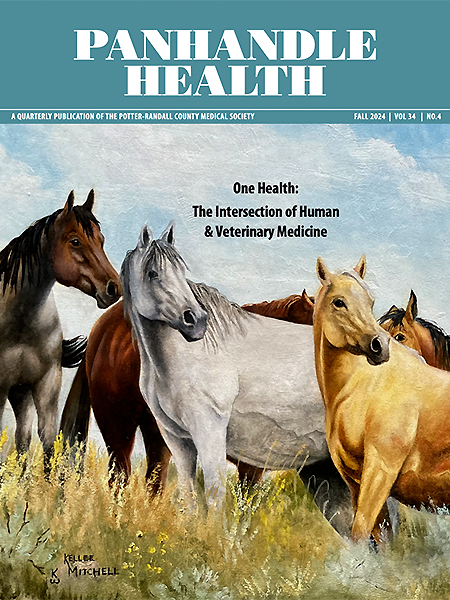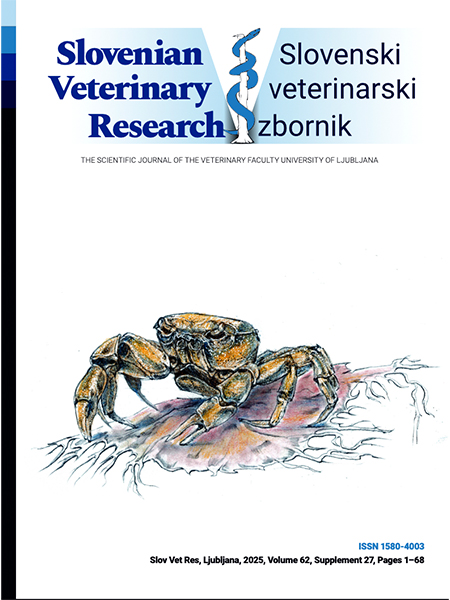TC3R News

Melanoma antigens in pediatric medulloblastoma contribute to tumor heterogeneity and species-specificity of group 3 tumors
The Fon Tacer lab found that over half of the most aggressive pediatric brain tumors activate MAGE genes—opening the door to new cancer immunotherapy strategies. The Fon Tacer lab recently published findings on melanoma-associated antigens (MAGEs) in pediatric medulloblastoma, which is the deadliest type of childhood brain cancer. These tumors are highly diverse, making them very difficult to treat. Identifying selective targets, biomarkers of responsiveness, and strategies to overcome resistance is critical. They found that more than half of group 3 medulloblastomas—the most aggressive subtype—activate MAGE genes, offering potential for patient stratification and new therapeutic approaches. MAGEs are tumor antigens and promising targets for cancer immunotherapy. This work is the result of several years of collaboration with researchers from UTSW and St. Jude Children’s Research Hospital (SJCRH).

Texas Center for Comparative Cancer Research at TTU School of Veterinary Medicine: Advancing Cancer Diagnosis and Therapy through Collaboration and Comparative Research
We recently launched the Texas Center for Comparative Cancer Research (TC3R) at the Texas Tech University School of Veterinary Medicine (TTU SVM) to advance the prevention, diagnosis, and treatment of cancers in both humans and animals. The TC3R promotes collaboration in research across disciplines and departments, as well as collaboration between scientists (basic and translational) and doctors (medical and veterinary). The TC3R supports comparative oncology research, particularly our understanding of the basic mechanisms underlying similarities and differences of cancer biology in humans and animals, to help advance treatment options for both. Comparative oncology is an important part of the One Health concept that is central to TTU, SVM’s mission, and the Ph.D. program in One Health Sciences at the SVM.

Advancing Cancer Therapies Through the One Health Approach: The Role of Veterinary and Comparative Oncology in Human and Animal Patient Care
The landscape of human health problems in the last several decades has markedly changed due to life sciences development. Non-communicable (chronic) diseases have become the leading causes of death, with several types of cancer ranking among the top causes globally (1). As in humans, and also in veterinary medicine, the landscape of the disease burden is changing. In small animal practice in particular. Cancer is among the most common causes of death for dogs (and cats) in the developed world, even though it is uncommon in wildlife and other domestic animals (2). Dogs get cancer at roughly the same rate as humans, while there is less information about the rate of cancer in cats.
School of Veterinary Medicine
-
Address
7671 Evans Drive, Amarillo, Texas 79106 -
Phone
806.742.3200 -
Email
SVM@ttu.edu
